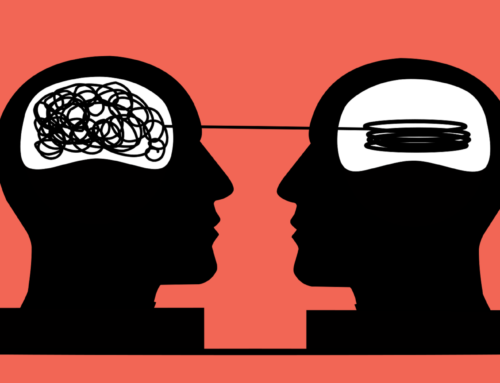A recent story in the Atlantic examined solitude and found choosing to be alone can boost health, if it happens in the right context.
“Solitude can be restorative,” Brent Crane wrote. “Yet, because the study of solitude as a positive force is new, it’s hard to speak in precise scientific terms about it: We don’t know what the ideal amount is, for instance, or even if there is one. Most likely, such measures are different for everybody.”
Craving solitude isn’t new, though finding it has become increasingly difficult in today’s world.
Sarah Pedersen studies mindfulness and meditation, both of which include some form of solitude. Research shows that these practices positively impact how people grapple with chemotherapy and pain, for example, while also boosting mental health.
“Mindfulness has been shown to predict decreases in anxiety, depression and stress,” said the assistant professor of psychology at the University of Pittsburgh.
While some chose solitude for creation or to live in the moment, introverts prefer alone time because it’s simply how their brains are wired.
Choosing makes the difference
Choice seems to be the defining difference between solitude and loneliness.
“Solitude is being alone by choice for introspection whereas loneliness is feeling socially isolated and alone when you don’t want to be,” Whelan said.
Scott Bea — a clinical psychologist at the Center of Behavioral Health at Cleveland Clinic — said that research from John Cacioppo, a neuroscientist studying loneliness, showed that people are lonely when they experience low social opportunity, low social skills and view social interactions negatively.
Feeling lonely can impact your health
A recent study found that people who felt lonely report experiencing worse symptoms when they are sick. It’s possible that the stress of feeling alone makes it harder for people to battle the bug. What’s more, people didn’t need to have huge social networks to experience the benefits of friendship; they simply needed a few strong relationships.
These findings reinforce what experts know about loneliness’ impact on health. Past research has shown that being lonely increases someone’s chance of dying, being physically ill or experiencing mental illness.
Even though solitude is a conscious choice that might have revitalizing benefits, people shy away from it because solitude feels scary.
Try solitude for 5 minutes at a time
Pedersen believes that people can choose solitude in their increasingly busy lives. When she recommends meditation for patients, she starts with two-minute increments or encourages people to be more mindful with one task, such as brushing their teeth. She suggests people try five minutes of solitude to start.
– Meghan Holohan
Read More: Solitude: When being alone is good for your health







Leave A Comment